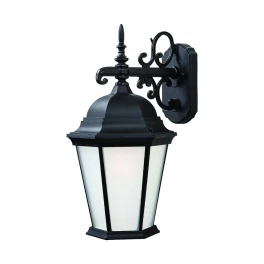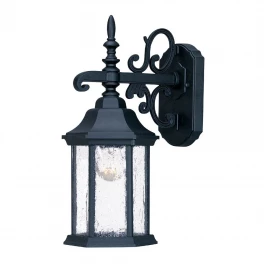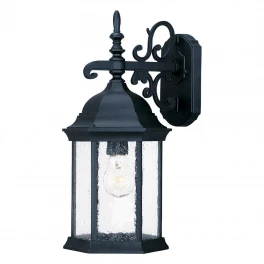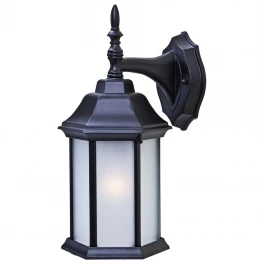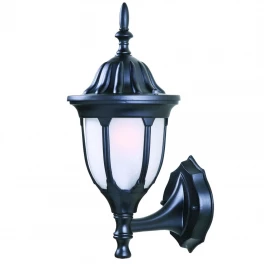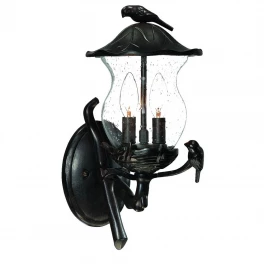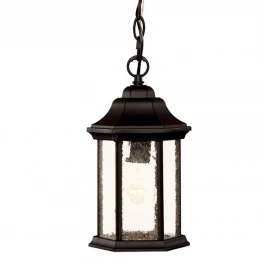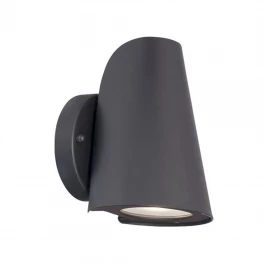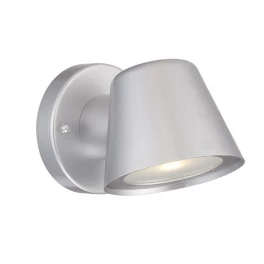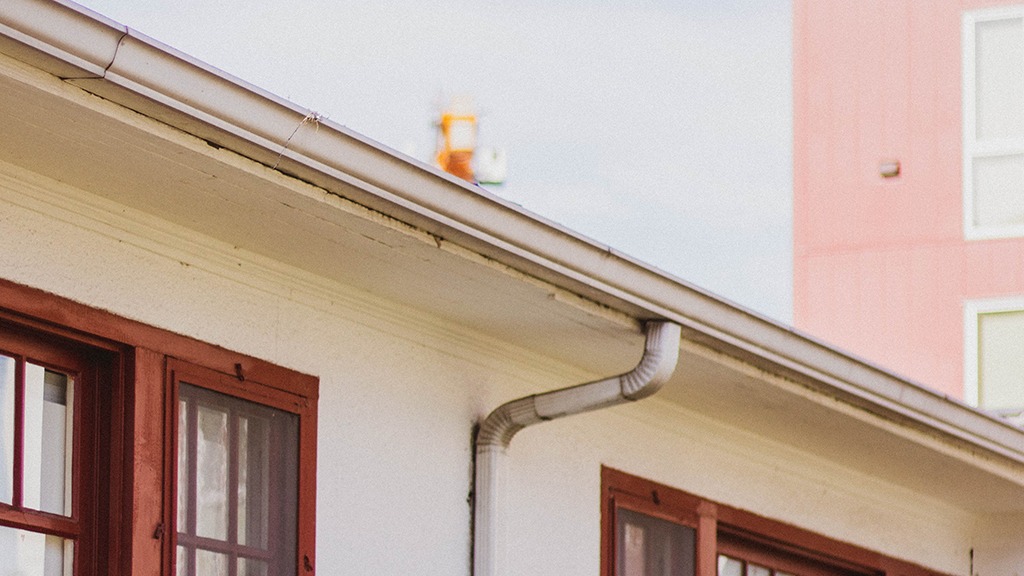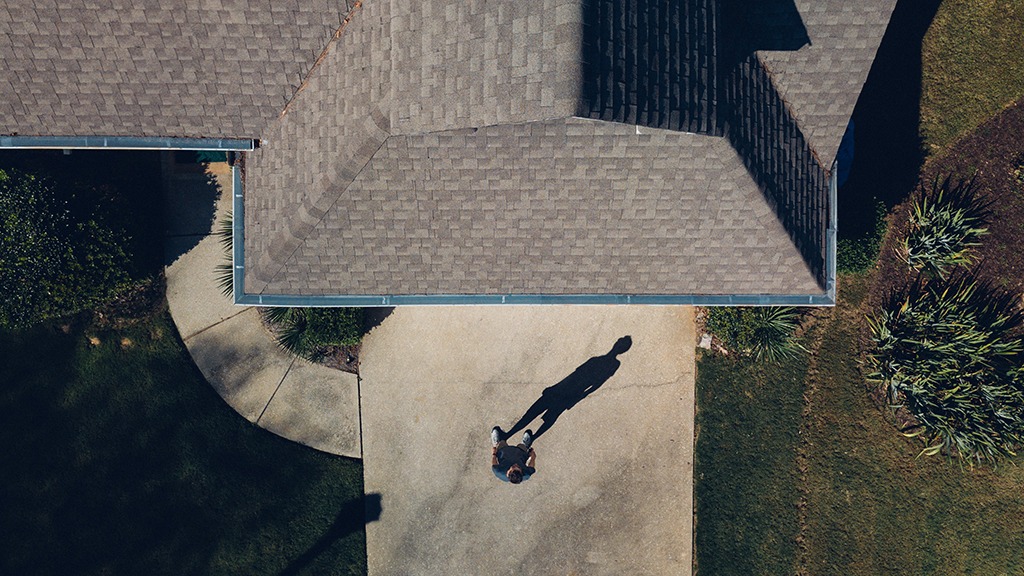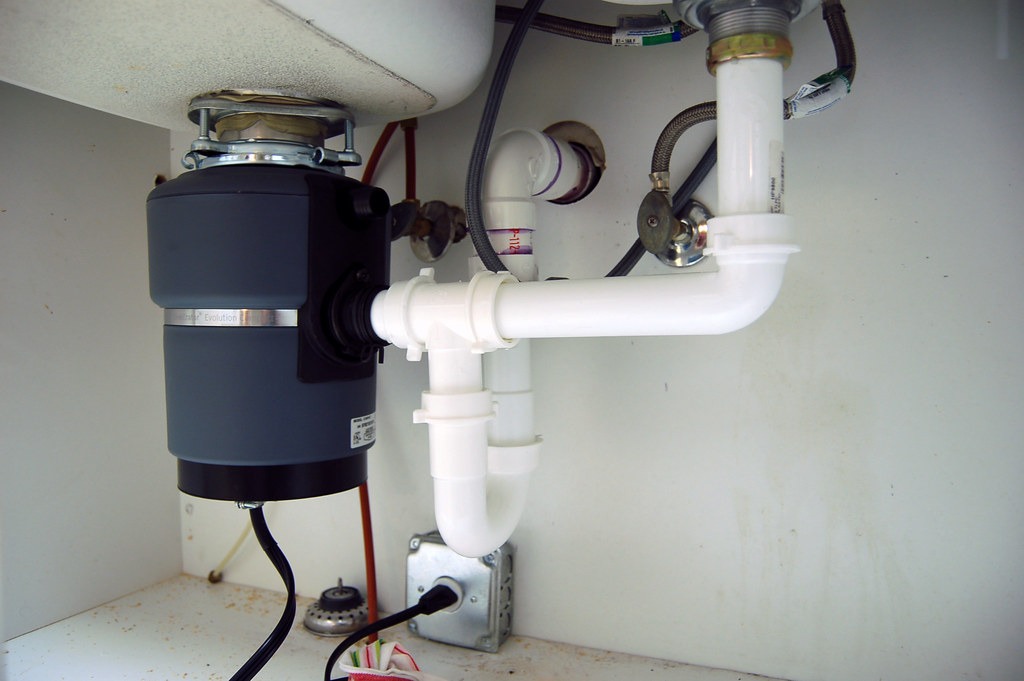There are many different electrical services that can be provided for you. Depending on the issues or renovation ideas that you’re trying to complete, you’ll want to know the varying price ranges associated with each service. The cost of hiring an electrician is ultimately determined by the professional’s level of expertise and the size of your home.
| Average Range | $160-$9000 |
| Low End | $140 |
| High End | $20000 |
Smaller scaled projects could cost as low as $140 to even $160. However, the larger the scale, the higher the cost, the higher end of these estimates could go all the way up to $9000 to $10000 or more. Typically, an electrician will charge a homeowner about $40 to $120 per hour, depending on the experience that the electrician has accrued. There are many different tasks and services available for the homeowner, and it all depends on what the homeowner is looking to implement.
Table of Contents
Electrician Hourly Rates
The estimate to hire an electrician could range anywhere from $40 to $120 per hour. Homeowners have three levels to choose from, and can hire either an apprentice, a journeyman, or a master. Each of these three levels have many different services that they can provide and will charge the homeowner accordingly.
- Apprentice electricians: A starter electrician that will probably require supervision
- Journeyman electricians: A novice electrician that has finished the apprenticeship with at minimum four years or 8000 hours of experience, passing the journeyman exam
- Master electricians: An expert electrician that has more than six years of experience or about 12000 hours completed, passing the master electrician exam
The services for an apprentice electrician will cost you about $40 to $60 per hour, while the journeyman electrician will range between $60 to $90. A master electrician will charge you around $90 to $120 per hour, and although this range might seem costly, you’ll have a guarantee in both safety and proficiency.
Keep in mind that the homeowner is expected to include the cost of supervision, taxes and insurance, equipment and related services like setting up and cleaning up the project, rental and maintenance. The overall cost is also assessed with the amount of years that the electrician has been in the business and the size of the business itself.
Apprentice Electrician
Retaining the services for an apprentice will include the simplest electrician jobs, which will probably entail outlet and fixture installations. Homeowners should be expected to spend about $40 to $60 per hour for a project of this size. Even the simplest and basic electrical work will require about 8000 hours of supervision. This will include hundreds of hours of education and studying to be applied to the costs.
Journeyman Electrician
The journeyman will cost about $60 to $90 at an hourly rate. It is clear to see the gap in experience between a journeyman and an apprentice, since journeyman electricians will mostly focus on and be involved in a higher volume of projects. Besides the amount of work, a journeyman electrician will offer services that are known for being complex. This includes wiring, panel installations, ceiling fan installations, diagnosing and rectifying an electrical issue and even installations or repairs for car charging stations. A journeyman electrician will not require any supervision, but the cost of which will be calculated into their services.
Master Electrician
Once the journeyman electrician has completed at the minimum of two years in experience, they will have to take the next step and pass a Master Electrician exam. After finishing this process, the master electrician can open up their own business and begin to manage and supervise their own inventory of journeyman and apprentice electricians. The complexity of the work can speak for itself, since the master electrician will be qualified in numerous remodeling and construction projects. It is precisely why hiring a master electrician is so costly and hiring one can range between $90 to $120 per hour.

Call And Travel Cost
The electrician involved with your project will probably charge you a call cost, which will warrant travel, diagnostics, and inspection of the related subjects within the project. The average range for this part of the electrical project will likely be estimated at $75 to $150 per hour. One reminder for homeowners to maintain is how the cost is affected by factors like the years of education that the electrician has amassed, the amount of experience retained from all the jobs that were completed, and the overall size of the business.
Typically, the call rates will be aforementioned and accounted for during the first hour on the job. The rate will account for the time and fuel required for the technician to arrive. Be wary that an electrician has many different jobs and projects on their schedule, so the call rate is typically applied for homeowners that might miss their appointments. No show and no call fees act as the placeholder or the security deposit, ensuring that the electrician is paid in such cases.
Electrical Cost For Smaller Projects
The cost of electrical services is calculated according to the tasks that the electrician is paid to perform. No matter the scale of the job, there is no electrical service that an experienced technician won’t be able to handle. Consult with your electrician about the average estimates that would be applied according to the service you require.
Installations |
Cost Range |
Smoke Detector Installation |
$70-$150 |
Switch Installation |
$100-$200 |
Outlet Installation |
$120-$200 |
Doorbell Installation |
$150-$300 |
Fan Installation |
$225-1270 |
Recessed Lighting Installation |
$800-$2000 |
Other Electrical Services |
Cost Range |
Hot Tube Wiring |
$120-$270 |
Electrical Inspection |
$125-$250 |
Light Fixture Services |
$150-$900 |
Circuit Breaker Switch Replacement |
$200-$250 |
Electrical Meter Box Replacement |
$500-$700 |
Installation jobs will cost about $70 to $2000, depending on the various components involved with the project. Other services that are provided by the electrician will likely cost a range between $120 to $900. Smaller projects such as the ones listed above might only take a miniscule amount of time. In fact, one way for homeowners to save costs is by combining tasks together. Occasionally, you can ask the electrician to work on multiple jobs to save money from having to have these jobs done separately.
Electrical Cost For Larger Projects
Homeowners that want to finish more complex projects that most likely will include complicated jobs, will require a budget of about $1000 all the way to $20000. Typically, these sorts of projects will require either a journeyman or a master electrician. Suffice to say, the project might take days rather than hours, which is what differentiates the smaller and larger projects. Keep in mind, homeowners should consult with their electrician and ask whether the professional has worked on these projects in the past. You can feel assured that the expert you hire is capable in managing and executing what you had in mind.
EV Charging Station Installation |
$1000-$2500 |
Electrical Panel Upgrade |
$1500-$4000 |
Smart Home Installation |
$2000-$7000 |
Wire Rough-In |
$2000-$8000 |
Generator Switch Installation |
$2700-$3700 |
Wiring or Rewiring Service |
$4000-$10000 |
Grounding System Installation |
$8000-$9000 |
Generator Installation |
$10000-$20000 |
Although these projects are exceedingly expensive, homeowners should note that each of these projects not only take time, but a lot of work, equipment, and materials to operate with. Typically, homeowners will have to spend about $1000 to $20000.
House generators could cost from $6000 all the way up to $20000. The reason why generator installations cost so much is due to the amount of labor and components required to finish such a project. Costs are calculated according to the size and capacity of the generator and the range is assessed according to the complexity and scale of such a project. Generators are also composed of fuel tanks so you might also need a consistent supply of propane or diesel. They’re especially crucial in cases such as power outages or when you want a generator for camping.
Automation with smart home applications might cost as low as $100, depending on how simple and basic you want the installation to be. However, there are instances when a homeowner wants a complex installation for the entirety of the homeowner’s property, which will result in a cost estimate of up to $7000 or more. Keep in mind that the cost range will reflect on the level of installation desired. This means that homeowners can either choose to set up a basic level of automation which will cover a few rooms and cost between $600 to $1800. A more hardwired system will cover the whole house and could likely cost about $4000 or more.
Emergency Electrician Cost
If there is an unexpected issue that involves your home’s electrical system, you have the fortune of calling and hiring an electrician to come to your property and make the proper repairs. However, if this is the case, you should note that these emergency electrical services could result in a higher hourly rate. Oftentimes, homeowners are expected to pay an average of $150 per hour or more depending on how quick you need to retain the emergency electrical services.
Holidays could lead to an even larger sum of up to $100 to $200 as an additional fee for working during a day of recess. Some of the reasons as to why a homeowner might require emergency electrical services could be a power outage or a smoking scent coming out of the outlets or cords. Homeowners could be concerned if these red flags are raised and might want to contact the technician to either find and solve the problem.
-
Electrical damages that were caused by the weather
-
Sparking or smoking outlets
-
Exposed wires from unseemly damage
-
Odd sounds that are coming from electrical system
-
Power outage that happened without notice
-
Water damages that might affect the electricity
If any of these occurrences have happened to you, you should quickly call an electrician near your area. Homeowners should keep in mind that the time for an electrician to come to your home might take the duration of two to four hours, even if the job itself might only take about 20 minutes. There is a minimum fee applied to jobs that take a small amount of time.
Electrical Inspection Cost
Ranging between $125 to $250, an electrical inspection service is most required when a homeowner wishes to sell his or her property. This is especially important in the case of older homes. Once you hire an inspector to examine and assess the status of your home, the things he will be looking for will include faulty circuits, whether the home meets GFCI or AFCI circuit standards, the condition of your electrical boxes, and whether your cable was anchored properly. There are other considerations to make when the inspector comes to your home, but remember that the inspector is there to help you with finding what to repair and what to replace.
Electrical Safety Codes
Homeowners should know about the safety requirements involving their electrical systems. The National Electrical Code is there to refer you to the kind of safety practices that need to be maintained in the home before any project can begin. These standards ensure that your home is safely operational.
Depending on where you live, there are some codes that will prioritize the necessity and importance of certain components and how they’re installed, including wires, cables, outlets, and ground faults. Homeowners should note that a wiring job will require filed paperwork like a permit and an inspection report to be conducted once the wiring arrangements are confirmed with meeting such standards.
Bathroom NEC Standards
Homeowners need to ensure that all outlets in the bathroom are safely protected with GFCI units, requiring a distance of at least three feet from the sink. Any built-in heaters that are in the vicinity must have their own circuits. However, all other instruments used for electricity may be supplied by one circuit. An inspection will evaluate a rating for wet or damp conditions.
Kitchen NEC Standards
Your cooking space will require, at the minimum, two outlets across the countertop, while all major appliances will require separate circuits for each of them. Remember that there needs to be space between the sink and all other outlets, a minimum of six feet. The outlets must be installed with GFCI protection. The lights also require their own respective circuits.
Living Rooms, Dining Rooms, and Bedrooms NEC Standards
Every entrance of these locations must have a switch installed within a reachable distance. Keep in mind that every wall in that space that is about two feet in width must have an electrical outlet installed on them, while the outlets are kept 12 feet in distance.
Stairways NEC Standards
Homeowners must install individual light fixtures or sources throughout the stairway landing area with a pair of three-way switches both from the top and the bottom half of each level.
Hallways NEC Standards
Hallways are meant to have the same standards with a three-way switch. There must be a pair of three-way switches for each end of the hallway if the space is more than 10 feet apart in length. An outlet installation is required with this same application.
Closets NEC Standards
The minimum standard for fixture installations in a storage space will range from six to 12 inches, with the right amount of distance recorded for each type of fixture. For instance, each type of fixture will have varying measurements of space according to the installation parameters.
Laundry Room NEC Standards
Since laundry rooms will have high amounts of humidity and moisture, outlets need to be installed with GFCI protection. All appliances that are being operated within the laundry room require individual circuits. Homeowners should remind themselves that there are certain appliances that may require a certain amount of amperage and voltage.
Garage NEC Standards
Since the garage is considered a storage space, the electrical system requires GFCI protection and will require the proper amount of outlets according to the size of the property. Each car space is equal to one outlet installation. A garage must also have at least one fixture and switch installed, requiring a separate circuit for every outlet within the building.
Finding Multiple Estimates Through House Tipster
Whether you’re having trouble with your electrical system or just need a professional to help you with any other issue you’re facing in your home, you should use House Tipster to help you with finding the right expert in the field. Although it could be a daunting task, there are a few ways for you to make sure that your professional is not only qualified but also one that fits your preferences.
There are two main functions that will help you with this endeavor. The first is a chat function that will allow you to directly message the professional about any inquiries you may have about the listing’s estimates and costs for the intended services. The second is a reviews function that allows you to confirm whether or not your desired listing has the correct level of professionalism you require for your jobs. House Tipster is there to help you find the right people for your home projects.
Featured Image By Emmanuel Ikwuegbu From Unsplash




